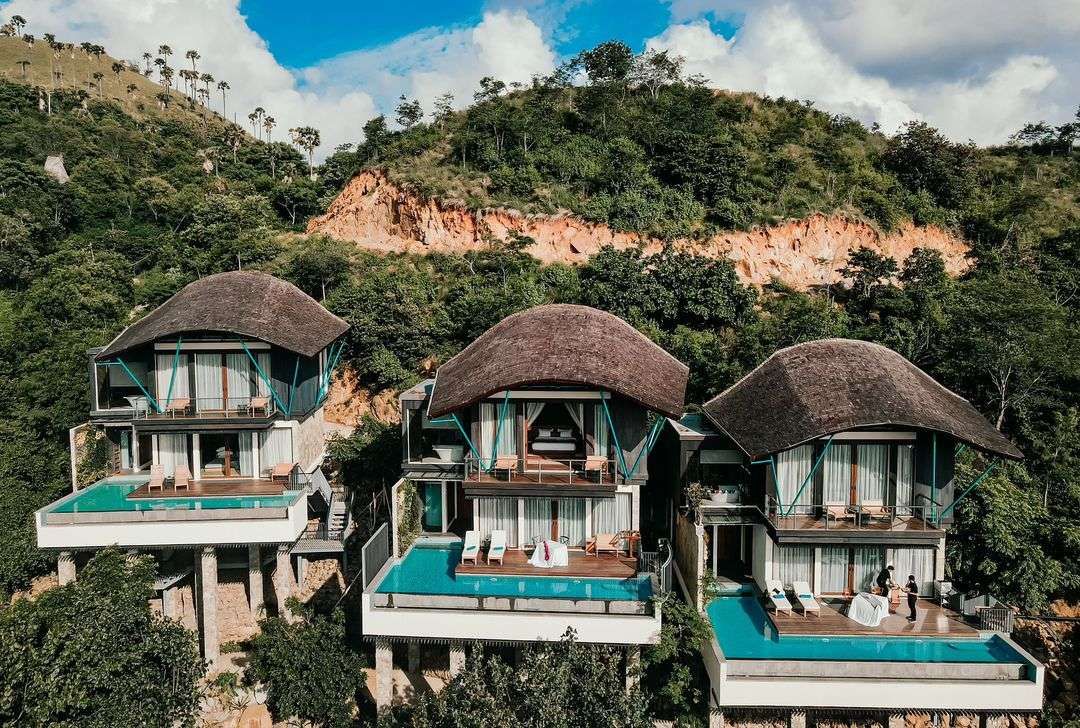
West Manggarai DPRD Takes a Firm St
Padar Island, one of Indonesia’s most iconic destinations within the Komodo National Park, draws thousands of tourists annually with its breathtaking landscapes. However, as tourism grows rapidly in West Manggarai Regency—home to this world-famous island—local leaders are taking a stronger stance against hotels and businesses that disregard local development laws. The West Manggarai DPRD (Regional House of Representatives) has issued a stern warning: any hotel or commercial building that violates construction and zoning rules will face legal consequences.
Upholding the Rule of Law in a Tourism Hotspot
The warning follows increasing reports of accommodations and resorts being built without the proper permits, violating zoning regulations, or encroaching on protected areas. These violations threaten the environment and compromise the integrity of regional development plans. The DPRD’s move is part of a broader effort to ensure sustainable tourism, especially in ecologically sensitive zones like Padar Island, where overdevelopment could permanently damage its pristine natural environment.
“We want investors to come and grow with us,” said a DPRD representative during the recent session, “but not by ignoring the rules and putting the environment and people at risk.”
Impact on Tourism and the Local Community
The potential for legal action is aimed at preventing future violations and preserving the long-term benefits of tourism for local communities. Tourism in West Manggarai is a major economic driver, especially with the increasing popularity of Komodo National Park tours, including boat trips to Padar Island, Rinca, and Komodo Island itself.
However, unregulated development has already raised concerns about waste management, land use, and fair access to coastal areas for residents. Some hotels and resorts have reportedly limited public beach access, disrupting traditional fishing activities and community land use.
By enforcing zoning and environmental regulations more strictly, the DPRD hopes to strike a balance between welcoming investors and protecting the rights and well-being of local communities.
Legal Steps and Government Cooperation
The DPRD has formally requested the regional government to audit all hotels and tourist establishments in West Manggarai. The council insists that these businesses adhere to all relevant permits, environmental impact assessments, and community agreements.
If establishments are found to be non-compliant, the DPRD is prepared to escalate the matter to court. Legal action, they say, would send a clear message: local laws must be respected, no matter the size or prestige of the investment.
The DPRD spokesperson emphasized, “We are ready to support businesses that follow the law. But we won’t hesitate to challenge those who ignore our regulations.”
This initiative also seeks support from national and provincial government agencies to ensure inter-institutional cooperation in enforcement and legal proceedings.
The Broader Vision: Sustainable Tourism for Komodo
Tourism in areas like Padar Island and its surrounding waters has grown exponentially in the past five years, thanks partly to social media exposure and rising interest in adventure travel. As a result, there’s been a boom in development, including hotels, resorts, and tourism-related infrastructure.
While this growth brings economic opportunity, it also increases pressure on local ecosystems and the region’s cultural fabric. The fragile environments of the Komodo National Park islands are particularly vulnerable to over-tourism. Beach erosion, coral damage from boat anchors, and land disputes have already begun to surface.
The DPRD’s move is part of a growing commitment across Indonesia to develop sustainable tourism models. These models emphasize community involvement, environmental preservation, and the equitable distribution of benefits from tourism activities.
What It Means for Future Investors
The West Manggarai DPRD’s message is clear: investment is welcome, but compliance is non-negotiable. For investors and developers interested in opening new properties near Padar Island or other parts of West Manggarai, this is a wake-up call to understand and follow local regulations thoroughly.
Working with local authorities, conducting genuine environmental assessments, and engaging with surrounding communities are now essential to securing permits and long-term success in the region.
The West Manggarai DPRD’s stance represents a critical turning point for development policy in one of Indonesia’s top tourist destinations. By prioritizing legality, sustainability, and community interests, the council aims to ensure that places like Padar Island remain unspoiled for future generations.
As tourism continues to grow, preserving the beauty and balance of West Manggarai—through thoughtful, rule-abiding development—will be key to long-term prosperity and ecological protection.









